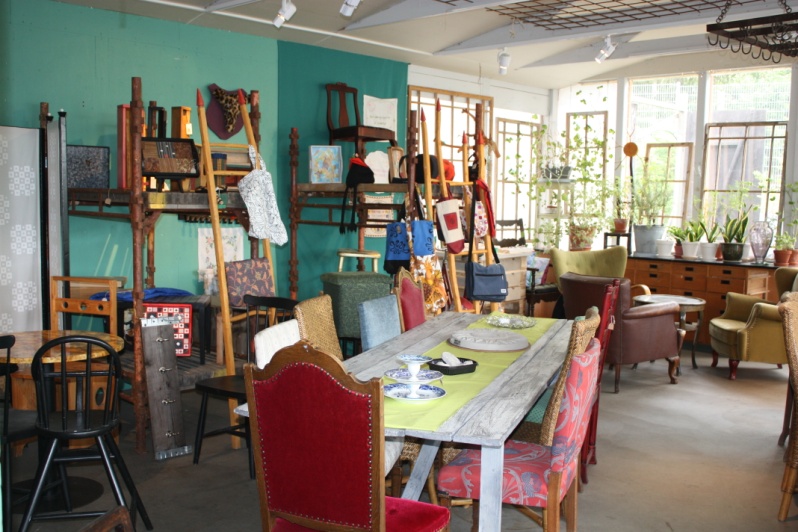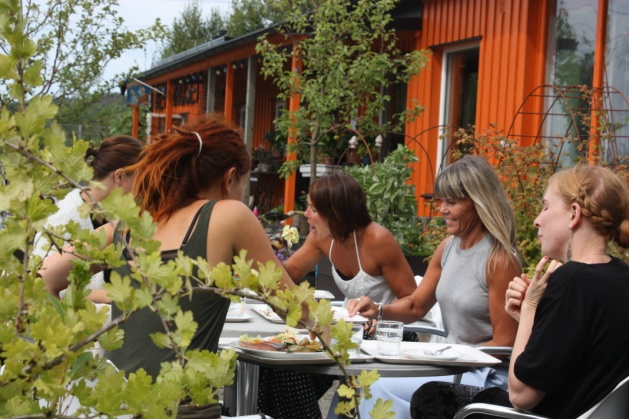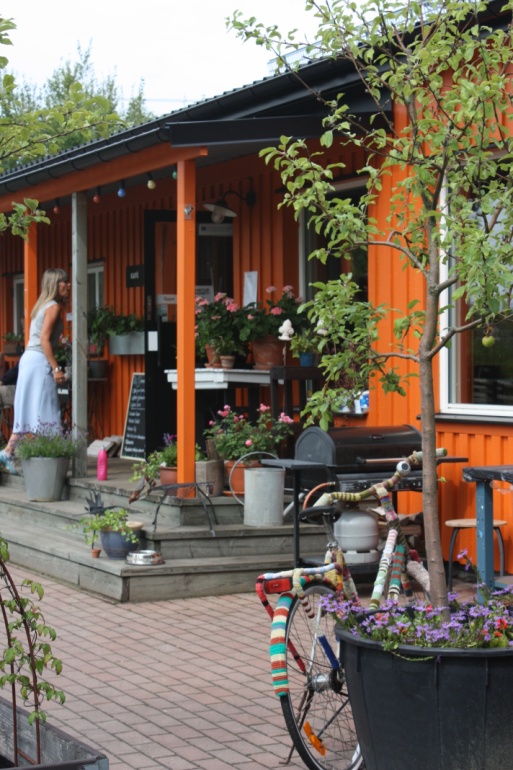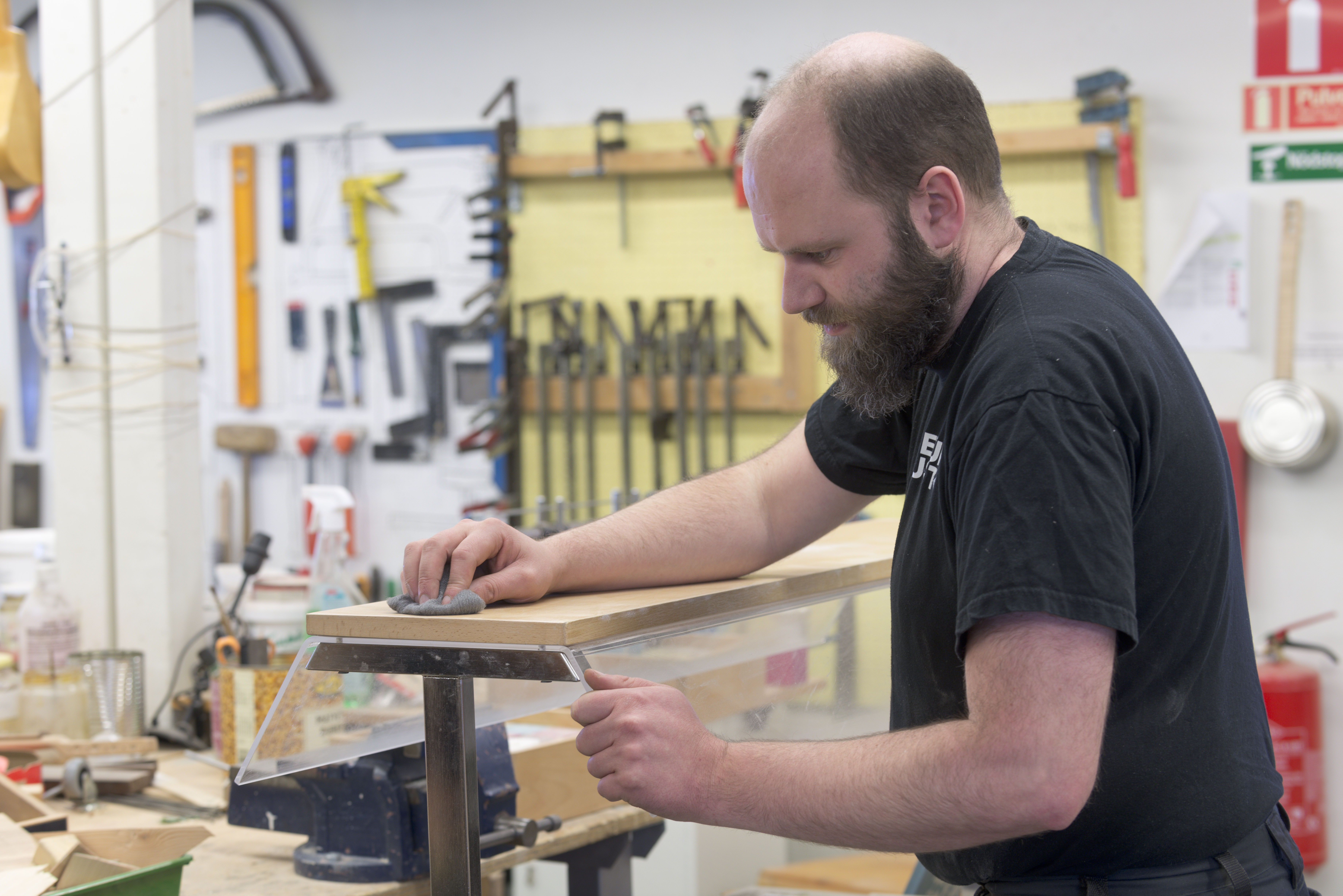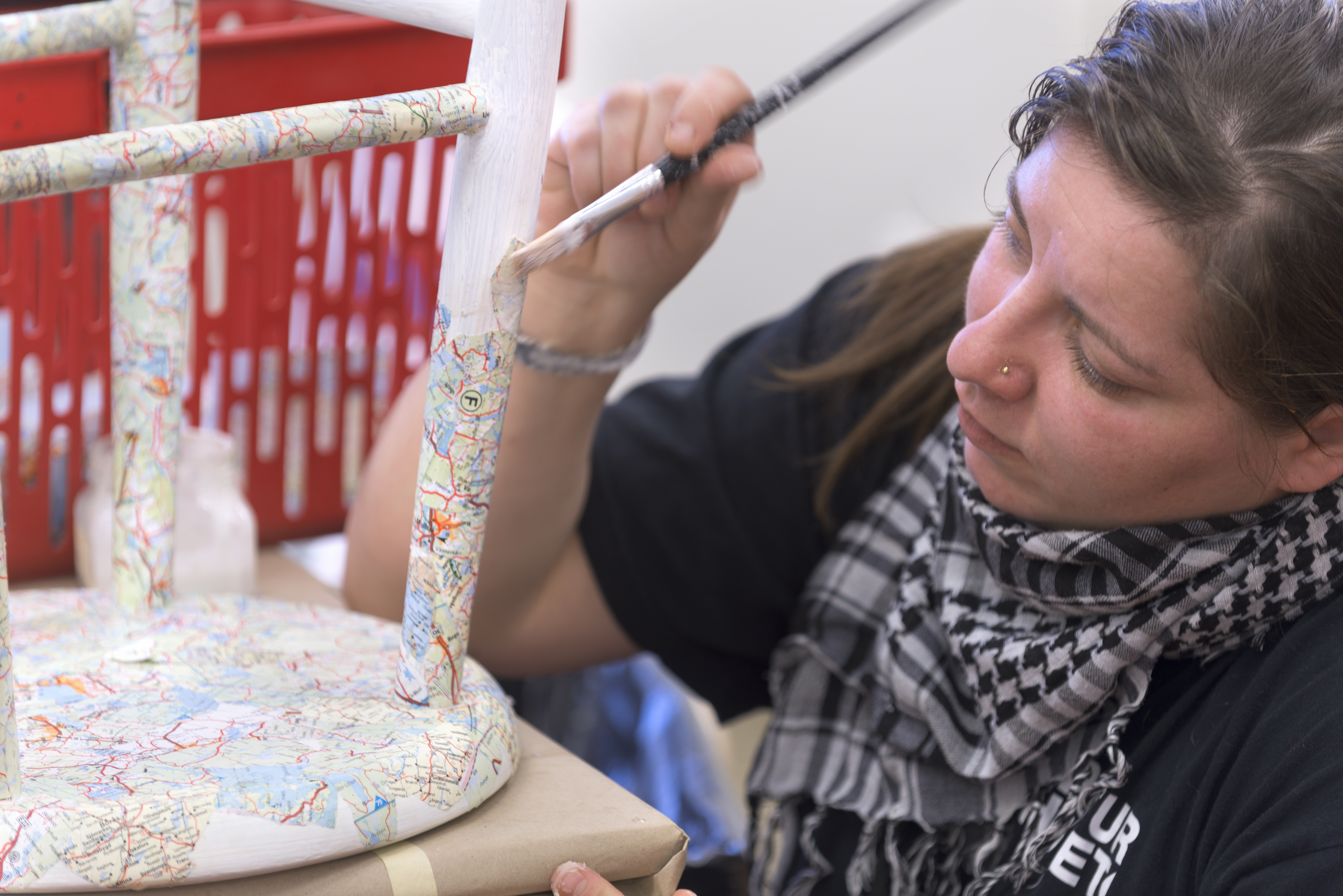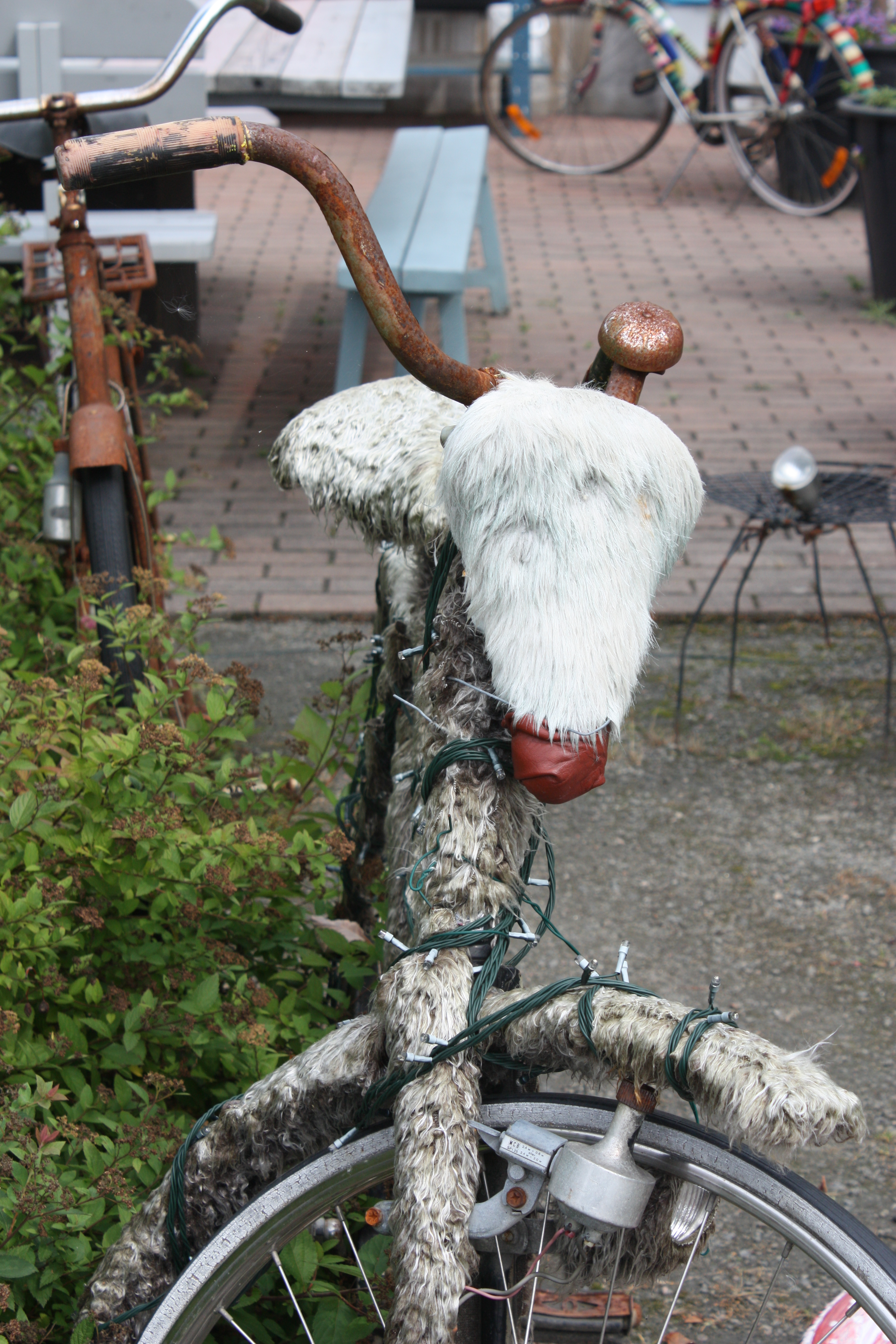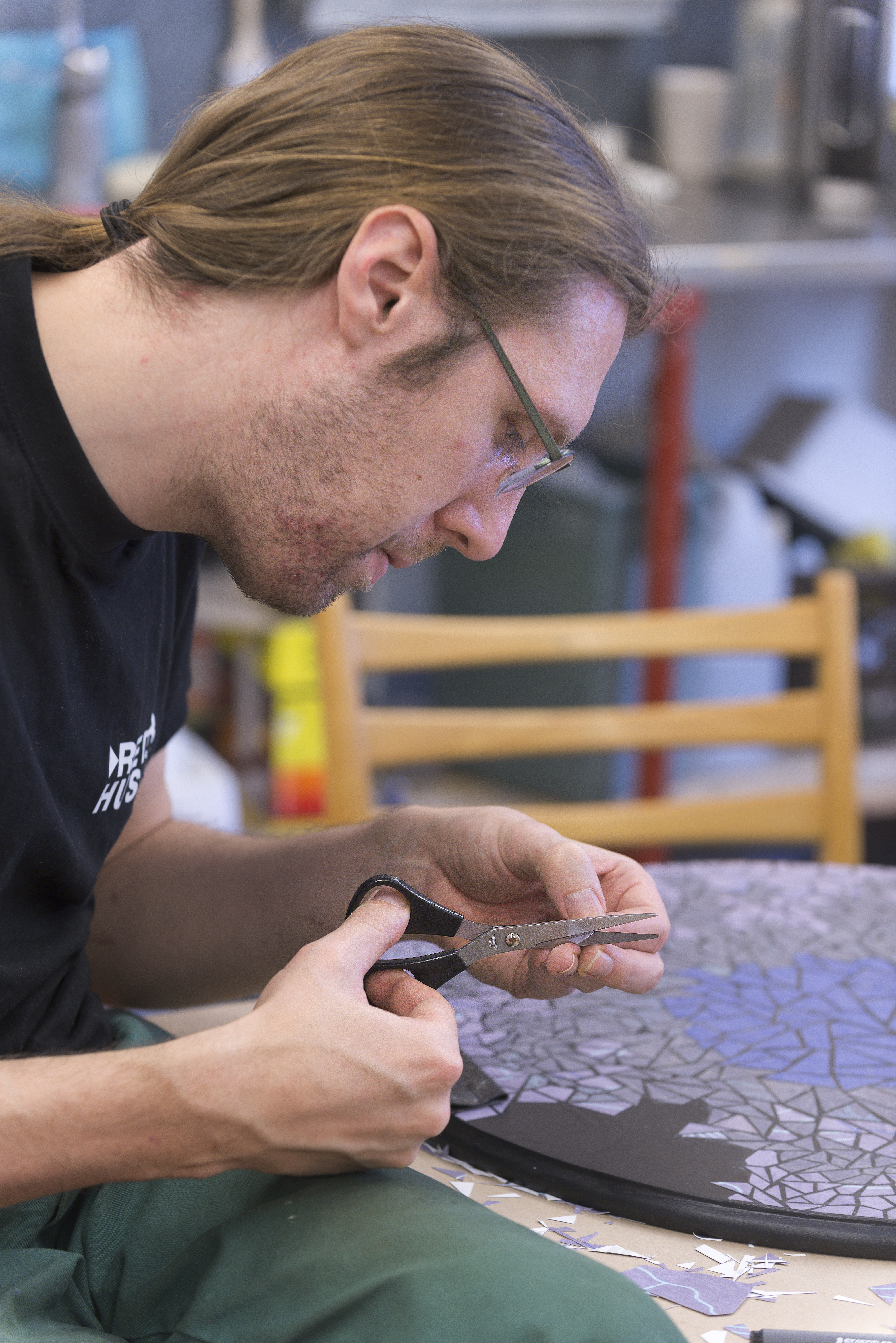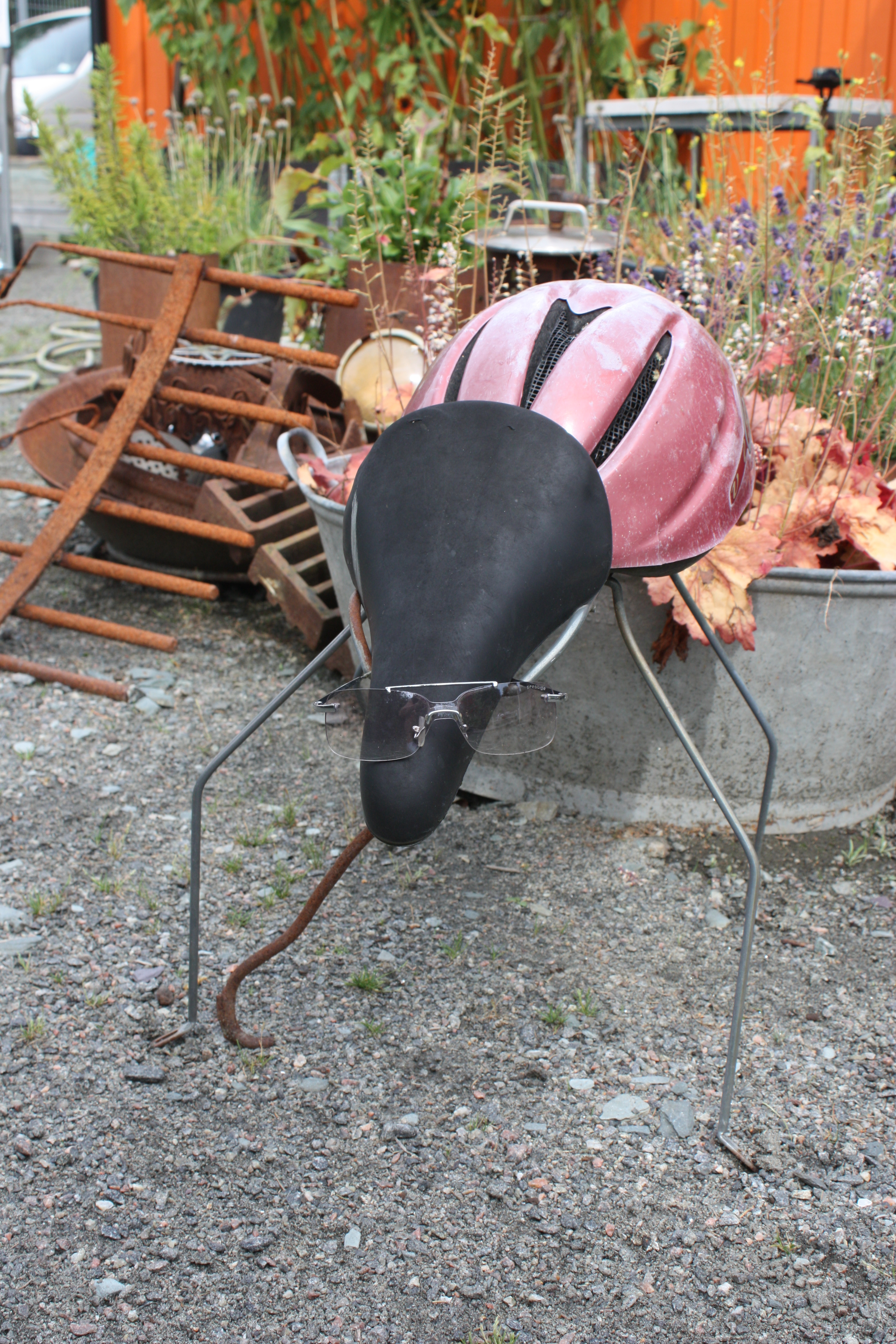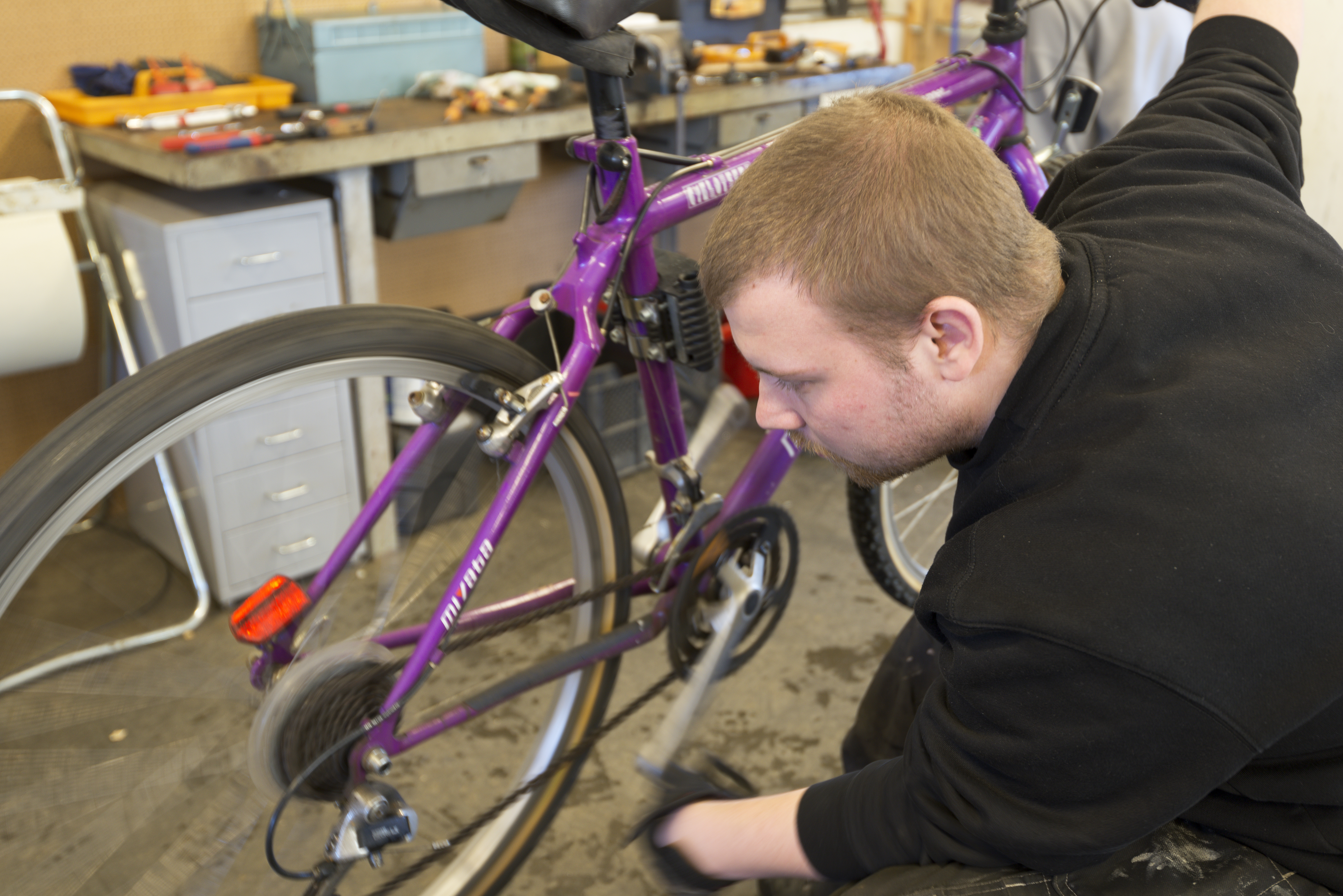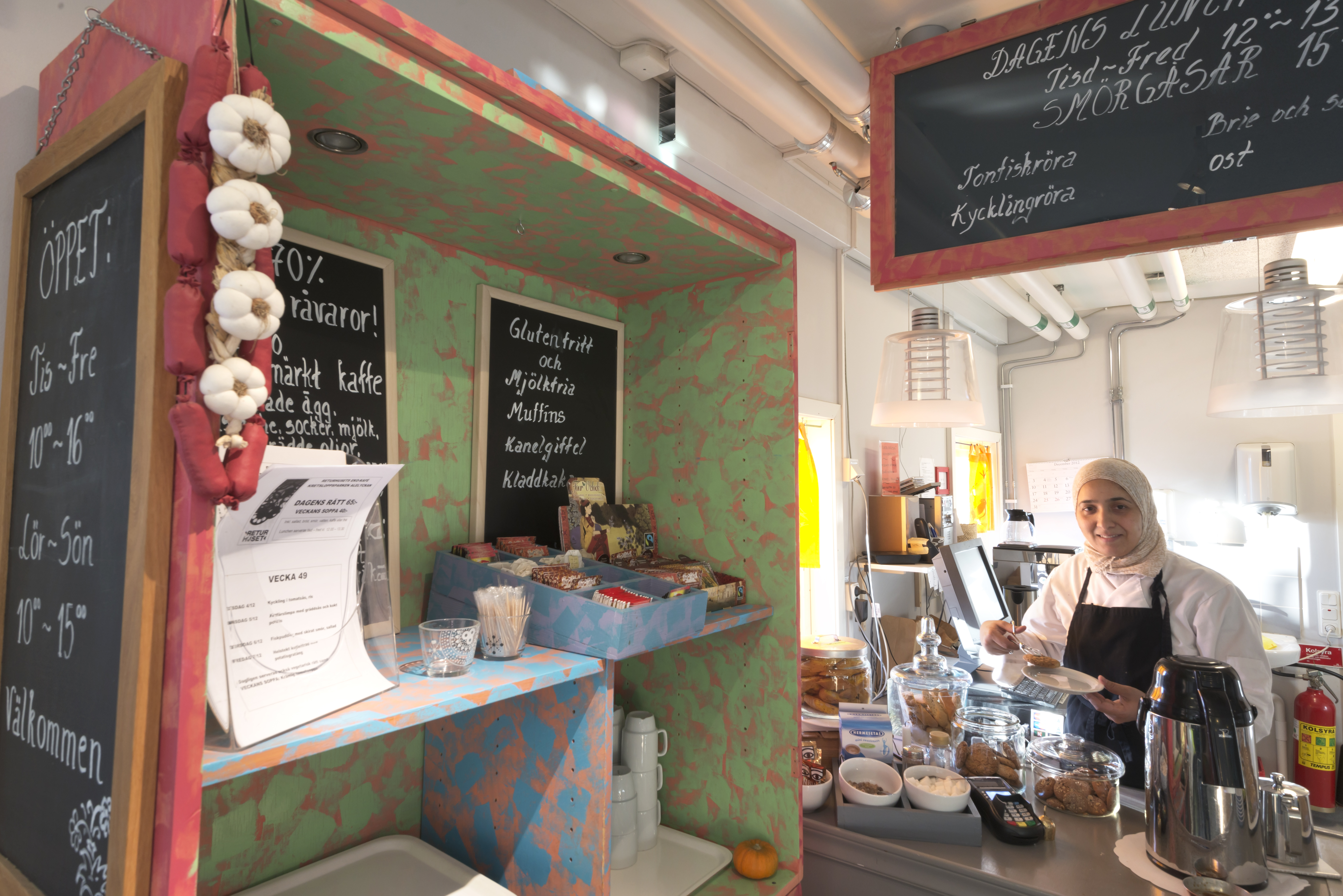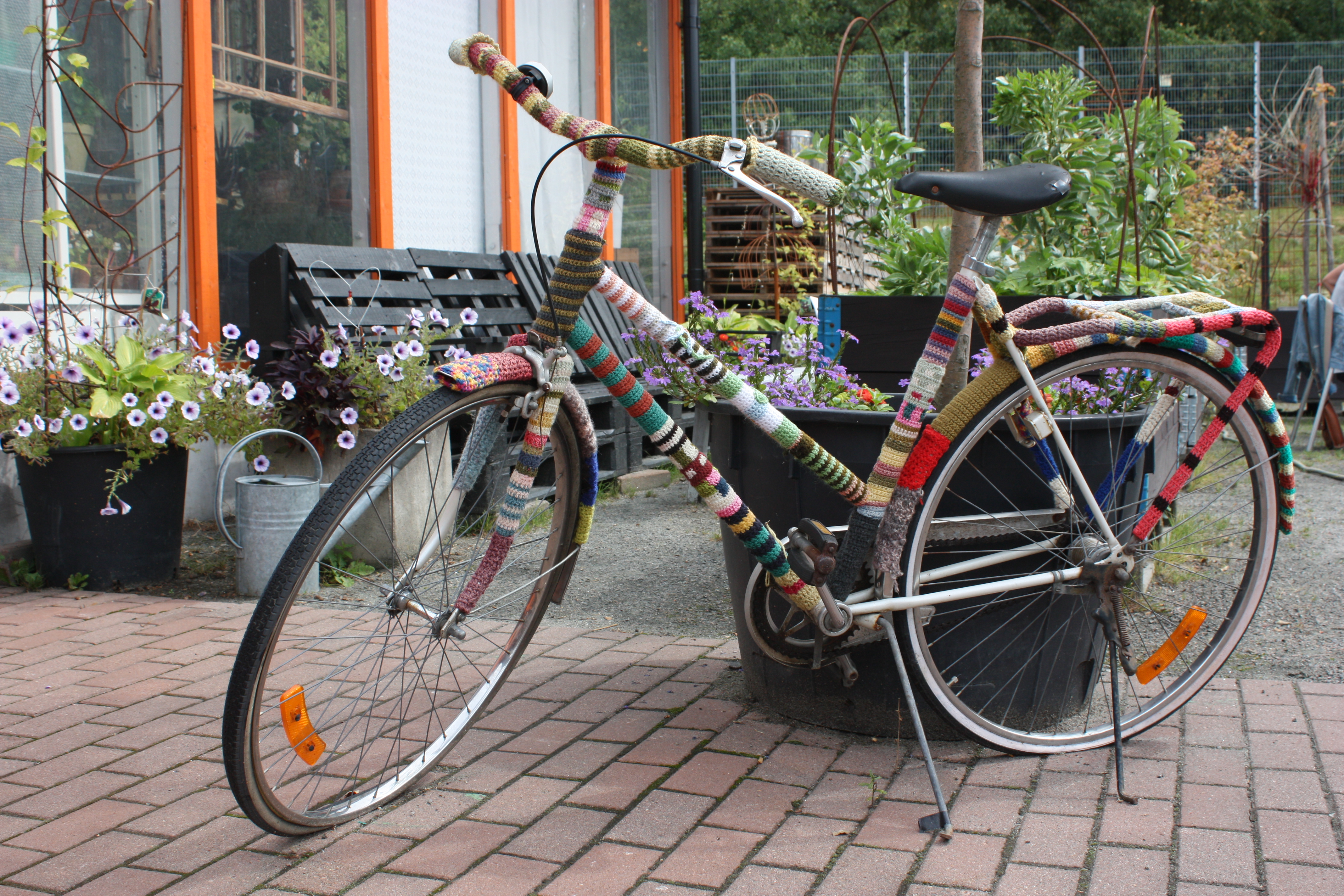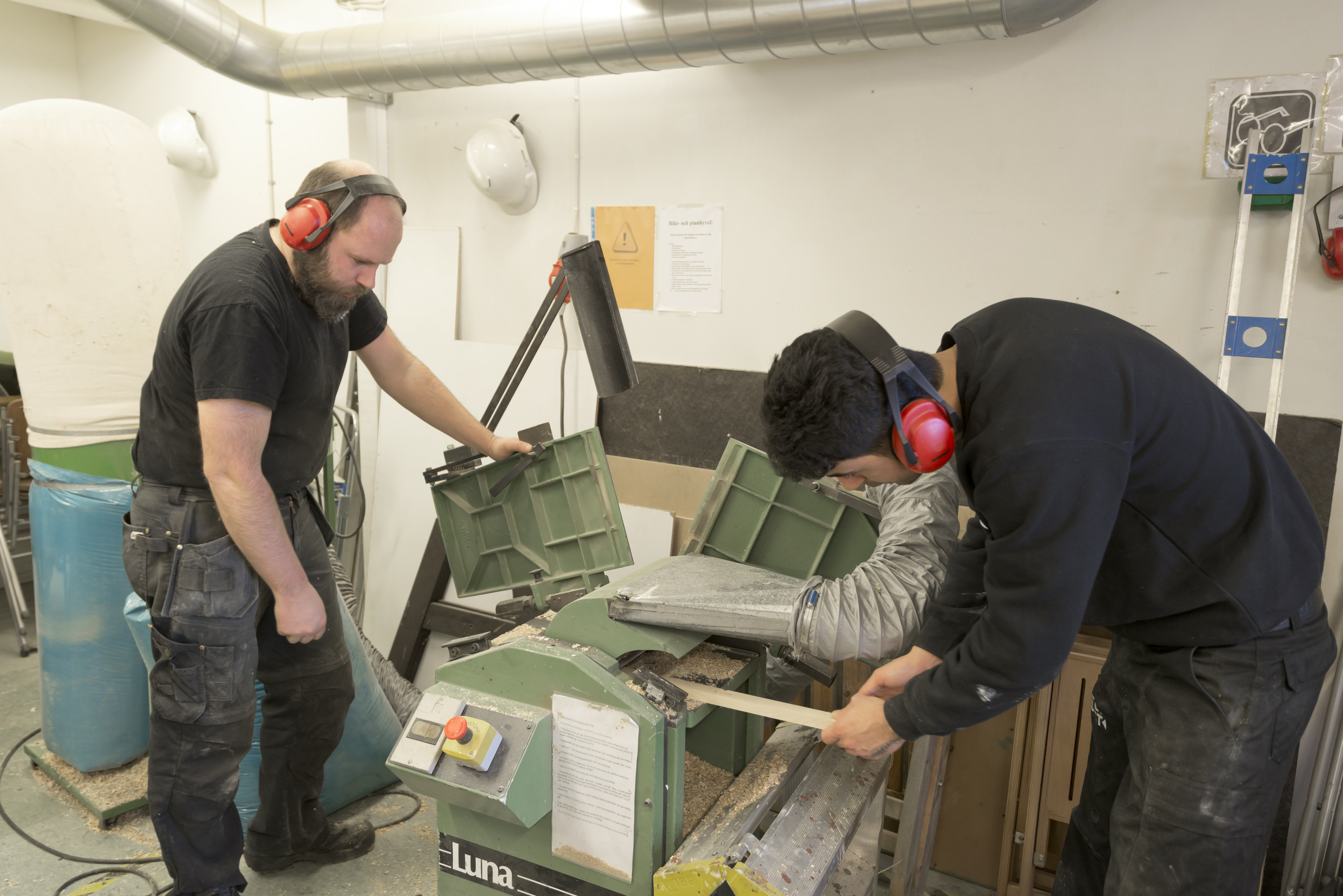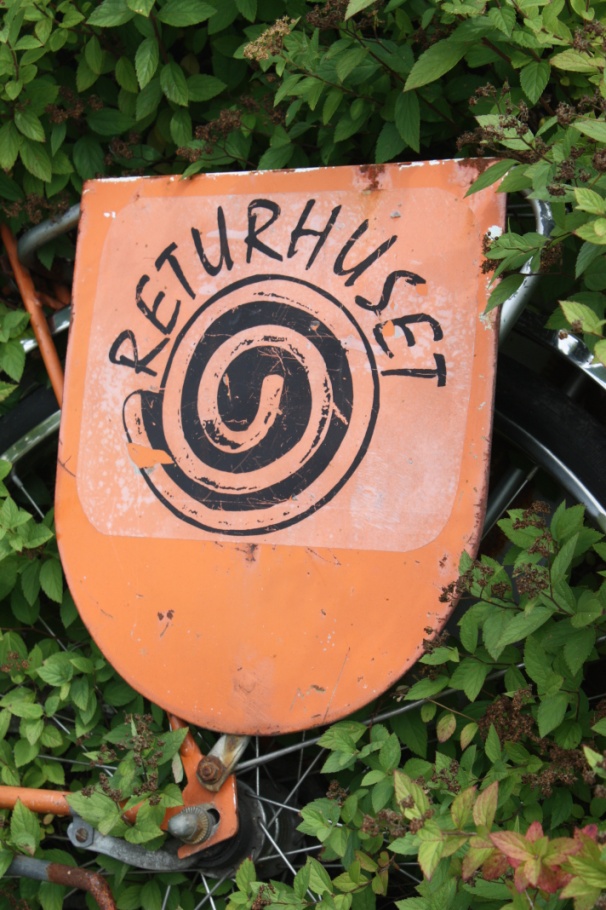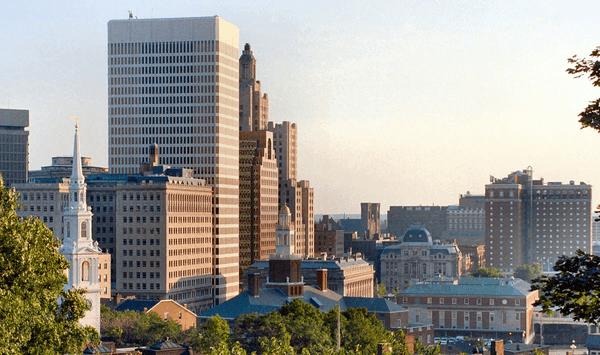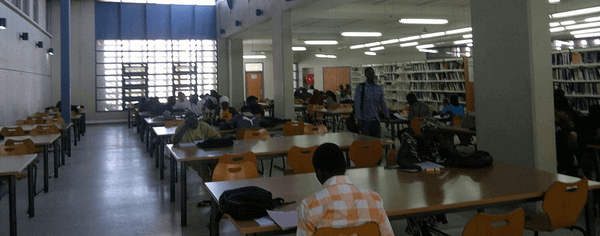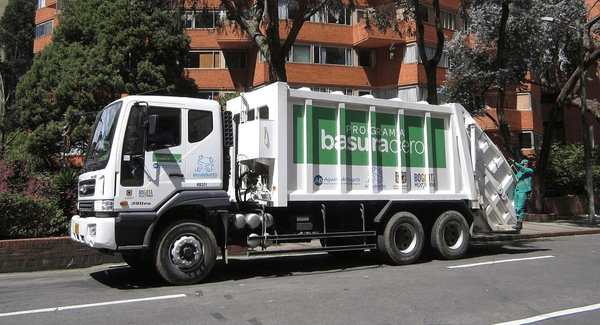City
Gothenburg
Main actors
City Government
Project area
other
Duration
Ongoing since 2014
Gothenburg’s ‘Recycling House’ produces and sells recycled and upcycled items to promote the circular economy. It also provides highly vulnerable people with an opportunity to test their work readiness in a safe setting.
The ‘Recycling House’ offers a rehabilitative employability and training programme for long term income support recipients who have been out of the labour market for several years or have never worked. The three to six month programme allows participants to gradually adapt to the workplace environment and strengthen their competence and skills to facilitate their entry into the labour market. This is a necessary first step for this target group to enter and succeed in mainstream employment programmes.
At the end of the programme, the support staff assesses each participant’s progress and recommends the most suitable follow-up activities to advance their employability. Many participants gain confidence in their ability to work and discover competences and skills they were not aware of. The results from the first half of 2014 show that, of the 31 people who took part in the programme, five people have gone directly into jobs available on the open labour market and 10 have enrolled in a support programme provided by the national public employment service.
Originally published by EUROCITIES, the network of 130 European cities - PDF: http://nws.eurocities.eu/MediaShell/media/353-green-web_final.pdf
External links / documents
On Map
The Map will be displayed after accepting cookie policy

